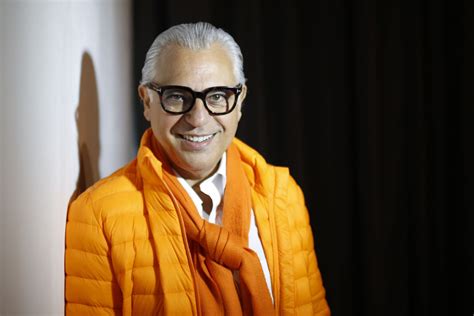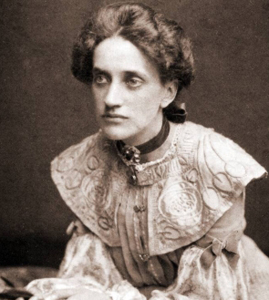A Quote by Joe Mimran
There's a lot of funding of the media and film in particular, literary publishing gets recognized as culture. I think fashion should too.
Quote Topics
Related Quotes
I think fashion is probably one of the most accessible and immediate forms of visual culture. In 1978, when I realized that I wanted to work on fashion, I had gone to Yale to get my Ph.D. in European cultural history. I suddenly realized fashion's part of culture, and I can do fashion history. All my professors thought this was a really bad idea, that fashion was frivolous and unimportant. And, increasingly over time, people have recognized that it provides such a mirror to the way we think, our values and attitudes.
I’ve always thought that if comics are a part of pop culture [then] they should reflect pop culture, but a lot of the time comics, superhero comics especially, just feed on themselves. For me, comics should take from every bit of pop culture that they can; they’ve got the same DNA as music and film and TV and fashion and all of these things.
I was on television a couple of years ago and the reporter asked me, "How does it feel being on mainstream media? It's not often poets get on mainstream media." I said, "Well I think you're the dominant media, the dominant culture, but you're not the mainstream media. The mainstream media is still the high culture of intellectuals: writers, readers, editors, librarians, professors, artists, art critics, poets, novelists, and people who think. They are the mainstream culture, even though you may be the dominant culture."
My definition of media? 'Anything which owns attention.' This could be a game or, perhaps, a platform. Ironically, the media tends to associate media with publishing - digital or otherwise - which, in turn, is too narrow a way to consider not only the media but also the reality of the competitive landscape and media-focused innovation.
There are a lot of distractions when you're in creative industries like publishing or fashion or media, and it's a real blessing to have witnessed some of those up close at a young age. I think when you get past the glamour, that's when you get to the good stuff - the stuff that really feeds your soul and enriches you as a person.
think there's a culture of Silicon Valley that seems to have the attitude that you can have it both ways, that you can be an insurgent but also, ultimately, it's paid for by advertising, when in fact advertising is totally retrograde. Now that's an industry we should be disrupting, and maybe you disrupt it by funding public media. None of this is technological destiny; there are only social choices.
Everybody should read fiction… I don’t think serious fiction is written for a few people. I think we live in a stupid culture that won’t educate its people to read these things. It would be a much more interesting place if it would. And it’s not just that mechanics and plumbers don’t read literary fiction, it’s that doctors and lawyers don’t read literary fiction. It has nothing to do with class, it has to do with an anti-intellectual culture that doesn’t trust art.
I don't know if I'm the most religious guy, but I think I'm a spiritual man, and these are the things I think about a lot. In terms of the film, I think 'The Grey' is very much a non-denominational kind of film. I don't think it's something that relies on a particular religious bent to tell the story.

































